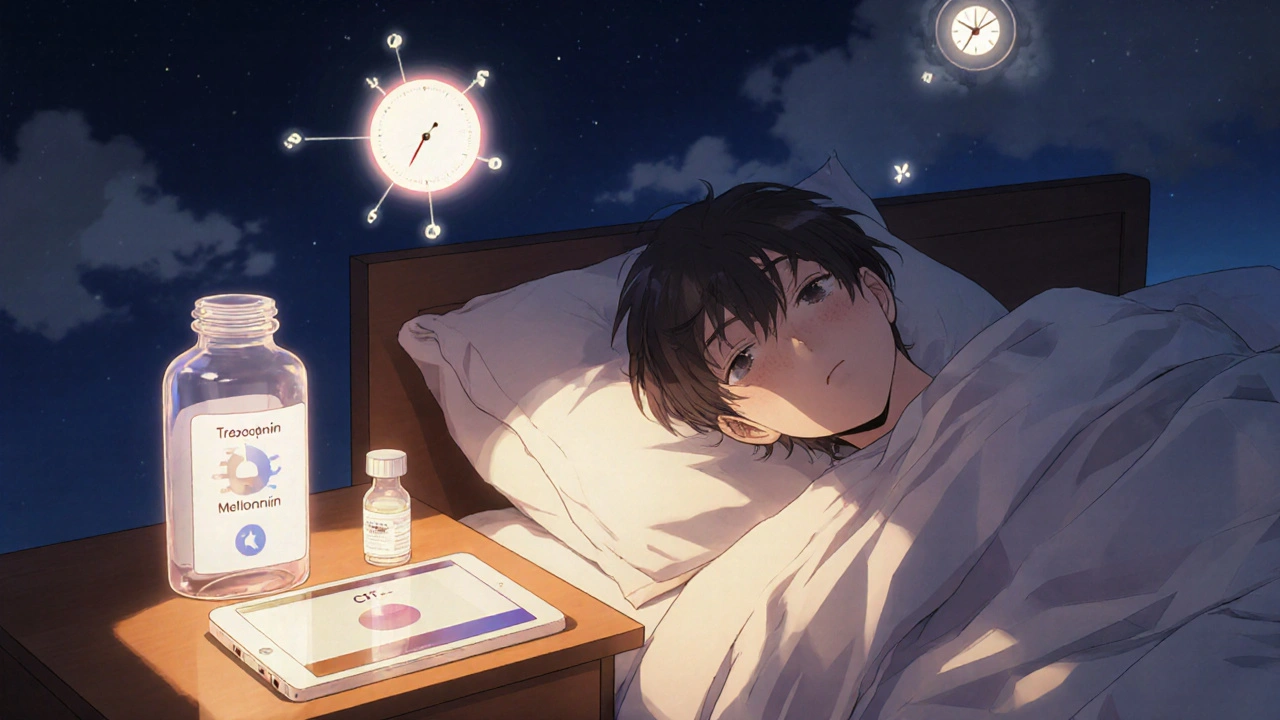Sleep Aids: What Works, What Doesn’t, and What to Avoid
When you can’t fall asleep or stay asleep, sleep aids, medications or supplements used to help with insomnia or poor sleep quality. Also known as insomnia treatments, they range from over-the-counter pills to prescription drugs—and not all of them are worth the risk. Millions reach for them out of exhaustion, but few know what’s actually helping or hurting their sleep long-term.
Some melatonin, a natural hormone that regulates sleep-wake cycles. Also known as sleep hormone, it works for jet lag or shift work, but it’s not a magic fix for chronic insomnia. Then there are benzodiazepines, prescription sedatives that calm the nervous system. Also known as sleeping pills, they can be effective short-term but carry risks of dependence, memory issues, and next-day grogginess. And let’s not forget the clutter of herbal teas, magnesium gummies, and unregulated supplements—many have zero proof they work, but they’re easy to buy and harder to stop using.
The real secret isn’t another pill. It’s sleep hygiene, a set of daily habits that train your body to sleep better naturally. Also known as sleep habits, it includes keeping a consistent bedtime, avoiding screens before bed, and creating a cool, dark room. Most people ignore this because it takes effort—but studies show it’s more effective than most sleep aids over time. Even if you’ve tried pills before, fixing your sleep environment and routine can cut your reliance on them.
You’ll find posts here that cut through the noise. Some explain why expired sleep meds might still be sitting in your cabinet—but shouldn’t be taken. Others break down what’s actually safe for pregnant women struggling with insomnia. You’ll see how certain medications help with muscle spasms that keep you awake, or how air pollution can wreck your sleep without you realizing it. There’s no fluff, no hype—just real talk about what helps, what doesn’t, and what you should ask your doctor before reaching for another bottle.

